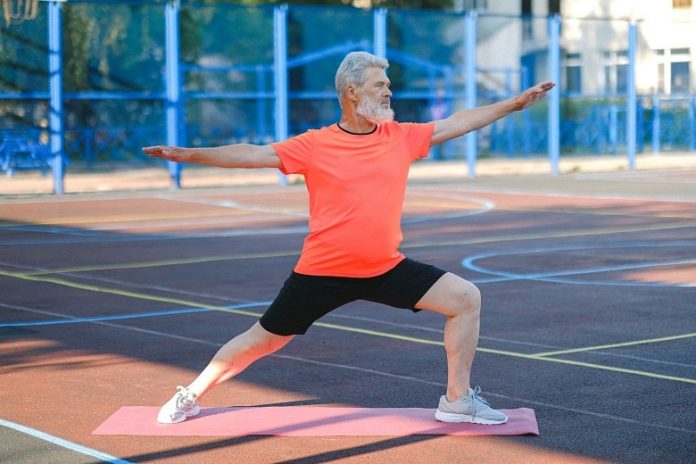If you’ve got your health, you’ve got everything, or so the saying goes. In truth, a person’s health is tantamount to the amount of time and energy they spend dealing with medical issues, like visiting doctors or ingesting pills. Everybody wants to be in the normal range for things like heart rate and blood pressure levels, and it’s important to take action to ensure positive results.
Seniors are often susceptible to disease and infection. Seniors must vigilantly advocate for their health by staying active and keeping a healthy diet and it’s important for their immune systems to run efficiently. The immune system is a network within the body that fights against disease and infection.
Here are steps seniors can take to boost their immune systems:
1. Live Clean
There are lots of vices in the world, and none of them wear well over time. Any kind of wellness programme for seniors should include a moratorium on smoking and drinking to excess. Both smoking and drinking have negative impacts on organs like the lungs and the liver, and can lead to various forms of cancer, as well as respiratory illness and organ failure.
There are lots of options out there to assist the transition, including patches and gums for smoking alternatives and support groups that folks struggling with alcohol can join.
2. Get Outside
There are many reasons why being outside can benefit health. Vitamin D, which humans typically get from direct sunlight, is good for the immune system. Though doctors can prescribe vitamins to boost your vitamin D levels, deliberately spending time outdoors puts you in communion with the natural elements, like warm sunshine and gentle breezes that make walking, biking, or even just relaxing worth your while.
3. Consider Weight and Diet
Carrying extra weight can have a negative impact on health. There are changes to the immune system that the body may go through when it carries extra weight over time. Immune system adaptations, like an increased number of circulating monocytes, can be detrimental to the overall health of the body.
Often, strong diet and exercise habits work well in tandem with each other. Crafting a daily food and exercise plan can establish a routine that will have a powerful effect on the health of the immune system.
4. Sleep Well
A good night’s sleep is priceless, but sometimes hard to come by. There are oodles of issues, from stress to bathroom needs, that keep people up at night. Sleep deprivation is bad for the immune system because it reduces its effectiveness.
A good goal is to sleep between 7 and 9 hours per night. You’re able to recharge your body’s brain function and you feel more ready to accomplish things when you’re up. Sleeping is also when T-cells, which fight against infectious diseases, are produced, and cytokines, which attack infections and diseases.
5. Avoid Stress
The physiological effects of stress are myriad. Everybody experiences some type of stress, but chronic stress can lower your immune system’s efficiency. Cortisol is produced by the body during periods of stress, which helps it to deal with a given situation. However, cortisol also reduces or limits other functions of the body not immediately related to a flight-or-fight situation.
Nobody wants to feel old, but growing older doesn’t mean you have to feel older. By paying attention to your body’s needs, and generating a plan by which to enhance your overall health, your immune system will benefit. A healthy immune system is the difference between a little inconvenience and serious infection or disease.

